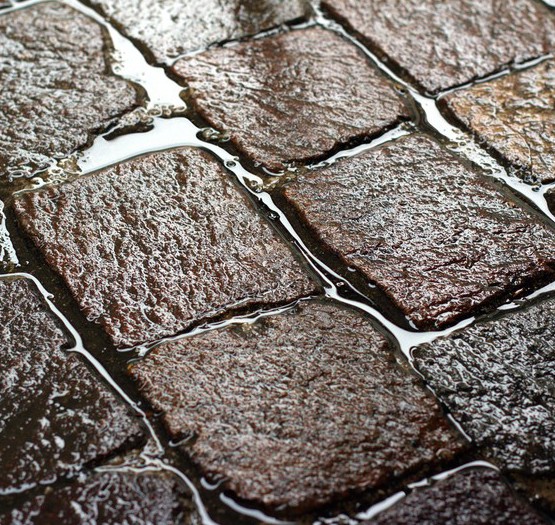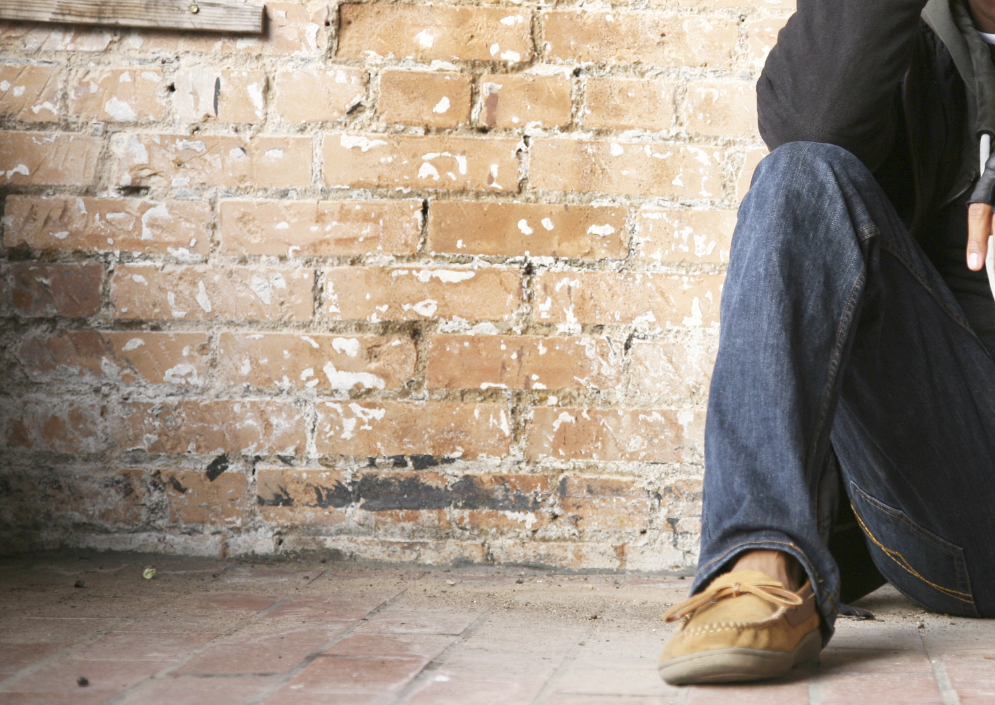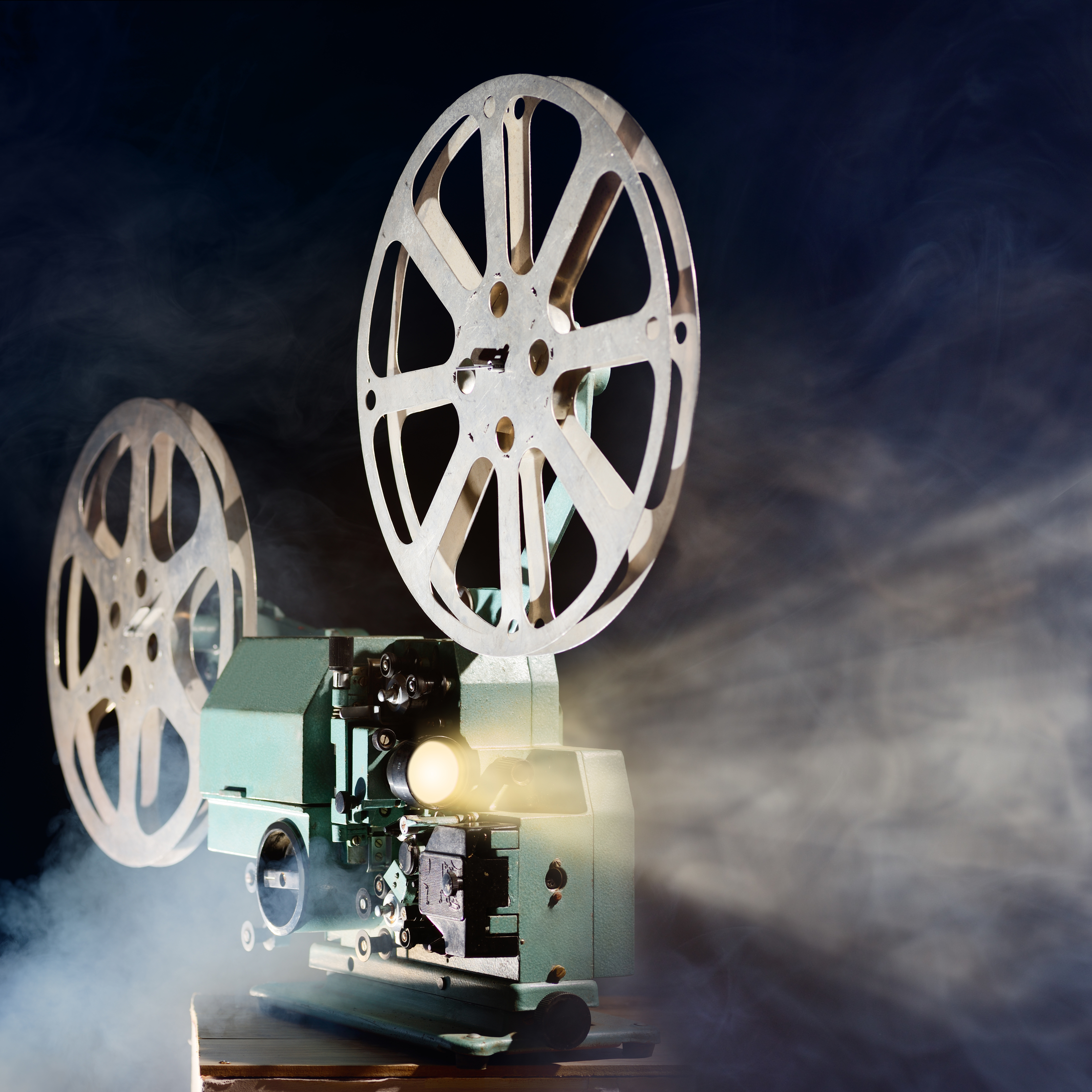
Blanket
Note: Unlike everything else on this blog, the following post is not a work of fiction. I wish it were. Please be aware that it addresses the sensitive topics of depression and suicide. If either of these is a trigger for you, please skip this post. Go have a cupcake instead. Or take a nice long bath. But before you go, I’d like to give you a virtual hug. It’s not much, and it’s probably as awkward as you are imagining, but I want you to have it. Sincerely.
For the rest of you, thanks for sticking around. You can have a hug, too.
***
I met the mother of a suicide victim three minutes before she learned he was dead.
Wait. This needs context. I’ll start again.
My morning walk takes me along a ridge that bends around a bowl-shaped gulley. The wild grass that lines the sloping sides of the bowl had been trimmed a couple weeks earlier, so the landscape has the look of a grand, natural amphitheater, albeit one surrounding a small island of leafy trees and unruly bushes rather than a stage dotted with serious actors. There is a small pond along the northern edge of those trees, and a muddy stream drawing a lazy, curving line to it from a slanting concrete canal to the east. After a heavy rain, the water rises faster than the submerged sewer drain can siphon it off, erasing the island and replacing it with a swamp.
It hadn’t rained in days.
As I approached the ridge, I heard a familiar sound. Ducks. A family of them had claimed the pond as their home and I would often hear them talking amongst themselves about their good fortune. As I continued along the path, I noticed two women heading my way, coming from where I was headed – a sprawling, quiet park that sat north of the gulley, west of the high school. I often see people along this path. We nod our hellos or mumble them, then continue on our way. But these women walked right up to me.
“We’re looking for a missing 13-year-old,” the dark-haired one – the mother – said, her voice a controlled panic. She held a cell phone out to me, shielding it as best she could against the late-morning sun. I bent forward and used my own hands to further defy the sunlight so I could see the image on the screen. It was an unusually intimate act between two strangers.
It appeared to be a school photo. The kind you dress up for because you want to look good in the yearbook; the kind that is out of date the minute it shows up there. He looked younger than 13. He was smiling.
“I’ll definitely keep an eye out,” I said, then continued on my walk. I had taken no more than two steps when the other woman cried out,
“Is that him?”
She was pointing down the slope to the trees. I turned and looked. There, hidden among the foliage was the flash of a blue jacket, the suggestion of sneakers. The two women raced down the hill and waded across the shallow stream, calling his name, cursing their stumbling, slow progress. I stood frozen at the top of the ridge, held in the infinite space between a hopeful question and a terrible answer.
There is no sound on earth that compares to the wailing of a mother who has just found her child, dead.
None.
As the tragic event played out in slow motion, I felt like an intruder in someone’s nightmare. I shouldn’t be here.
But then time stretched and snapped and twisted and the phone I never carry on my walks was waking me in the middle of the night. I heard my ex-wife’s panicked voice from four years and a thousand miles away telling me our son was being rushed to the hospital. His heart is racing out of control. He’s having trouble breathing. It doesn’t look good. Overdose. I don’t think he’s going to make it.
Somehow, he did.
Again time stretched and snapped and twisted and I saw myself ten years younger, standing in the doorway of my apartment, watching as if from above while paramedics helped me onto a gurney.
“How many did you take?” they asked.
***
A few weeks ago, I started writing a post about the ubiquity of depression. In that post, I drew a line from my story to that of a dear friend, Jenny Lawson, then another line from her story to her friend Wil Wheaton’s. I kept drawing lines in my mind until they spidered across the world, connecting millions of lonely, broken people – some known, most unknown – in a vast, fragile-yet-hopeful web.
I imagined what it might be like if those lines were real, physical, visible. Touchable. How we might sense every vibration, however slight. The shimmering shake of someone’s good day. The wobble of someone’s terrible day. The heartbreaking snap when someone left us.
I thought about how we might learn those subtle vibrations like a secret language, feeling encouraged by every shimmer, sending prayers and shared silence toward every wobble. I imagined the comfort of knowing that our own shimmers and wobbles would never go un-felt.
And then I flew to the International Space Station. I wanted to see what that web looked like from high above. It didn’t look like a web at all.
It looked like blanket. A safe, warm blanket.
And that’s where the post ended. It was a mixed-metaphor mess of a post. Meandering. Often incoherent. Indisputably incomplete. But it ended with the image of a blanket. I think that’s why I wrote it.
I needed a blanket.
Two days ago I met the mother of a suicide victim three minutes before she learned he was dead. Not long after, I returned to the International Space Station and looked down again. The blanket was full of holes. It was a ratty, chewed-at-the-edges, moth-eaten, fraying mess of a blanket. I think it always had been.
And yet, despite its dilapidated state, it was still a marvel. Sometimes simply knowing that we aren’t alone, that we are connected by threads, is enough to rescue us from the lies that depression tells.
But sometimes it isn’t enough. And not everyone knows about the view from space.
That heartbreaking snap.
We need to tell them. We need to show everyone that the blanket is real and wrap them in it. We do what we can, of course. Broken people are our best allies in the battle against depression.
But here’s the thing: the blanket could be thicker. Softer. Warmer. And oh so much wider.
We could use a few more people to fill in the empty spaces. The kind of people who would rather show compassion than render judgment. Who more freely give their time than their opinions. Who can listen to hard things or awkward silence and love anyway.
We could use a few more people who are willing to weave themselves into something they don’t understand. They will be welcome here. And we will all be better for it.
Perhaps you know someone like that.





3 Comments
Kay
Such a beautiful, moving piece. And I love your shimmer-wobble blanket. I hope I am one of the threads
Jenny, bloggess
It took me two weeks to finish this because it was so hard and beautiful and terrible and true. I just want to wrap you up in this blanket. I want to cover us all in it. I’m so sorry you had to witness this. I’m so sorry for the mother and the child and for all of us who will feel those ripples.
I’m so glad you’re here.
Diane Kjarland
You are an amazing creature, Mr Parolini, aka Uncle Steve. We didn’t have a lot of deep conversations, but they meant a lot to me. You impacted my life. I believe you will impact a lot of lives. I wish you health and peace. And time. Thank you for writing.